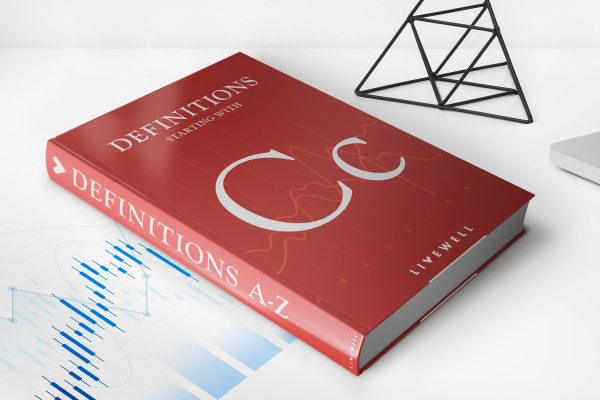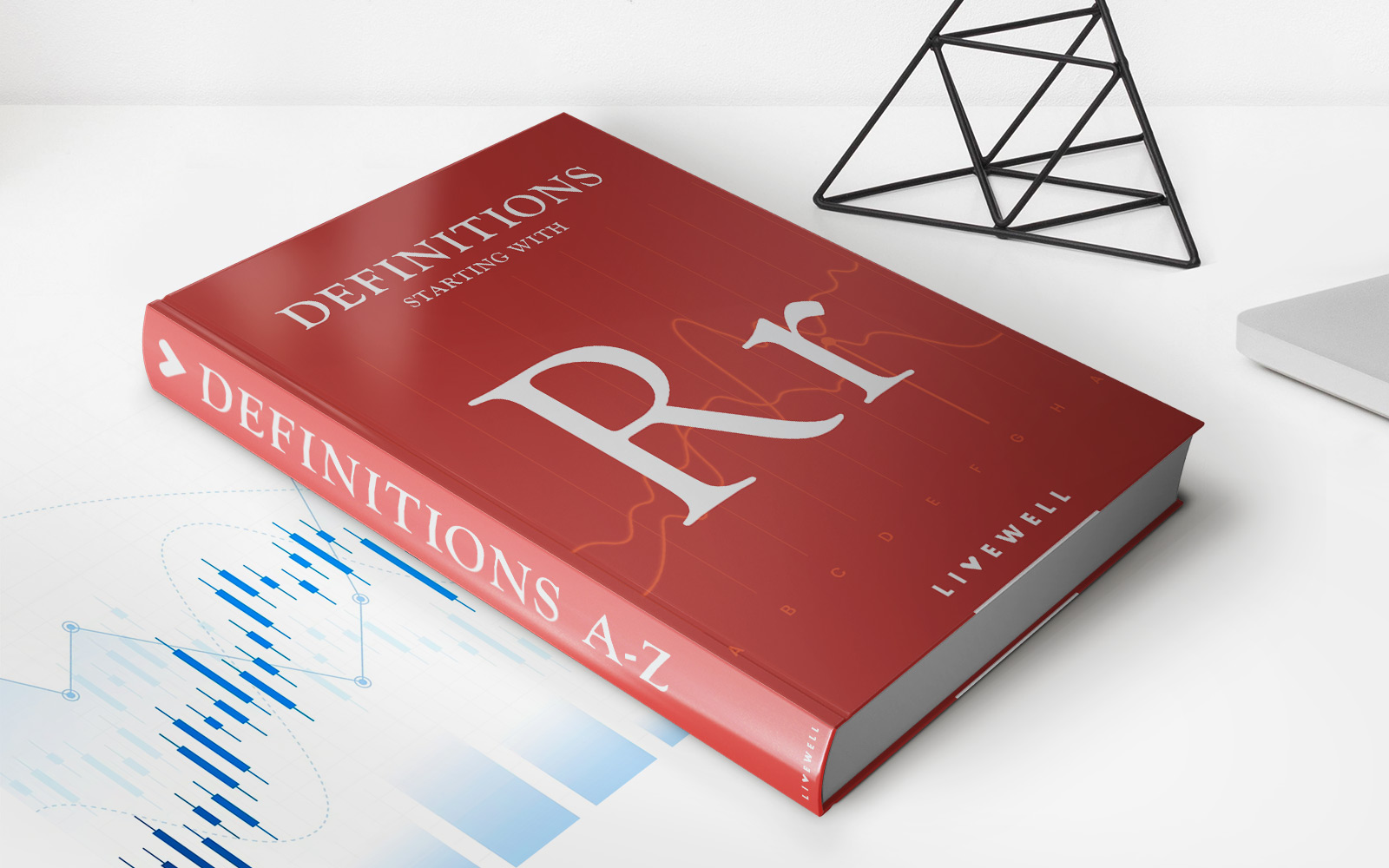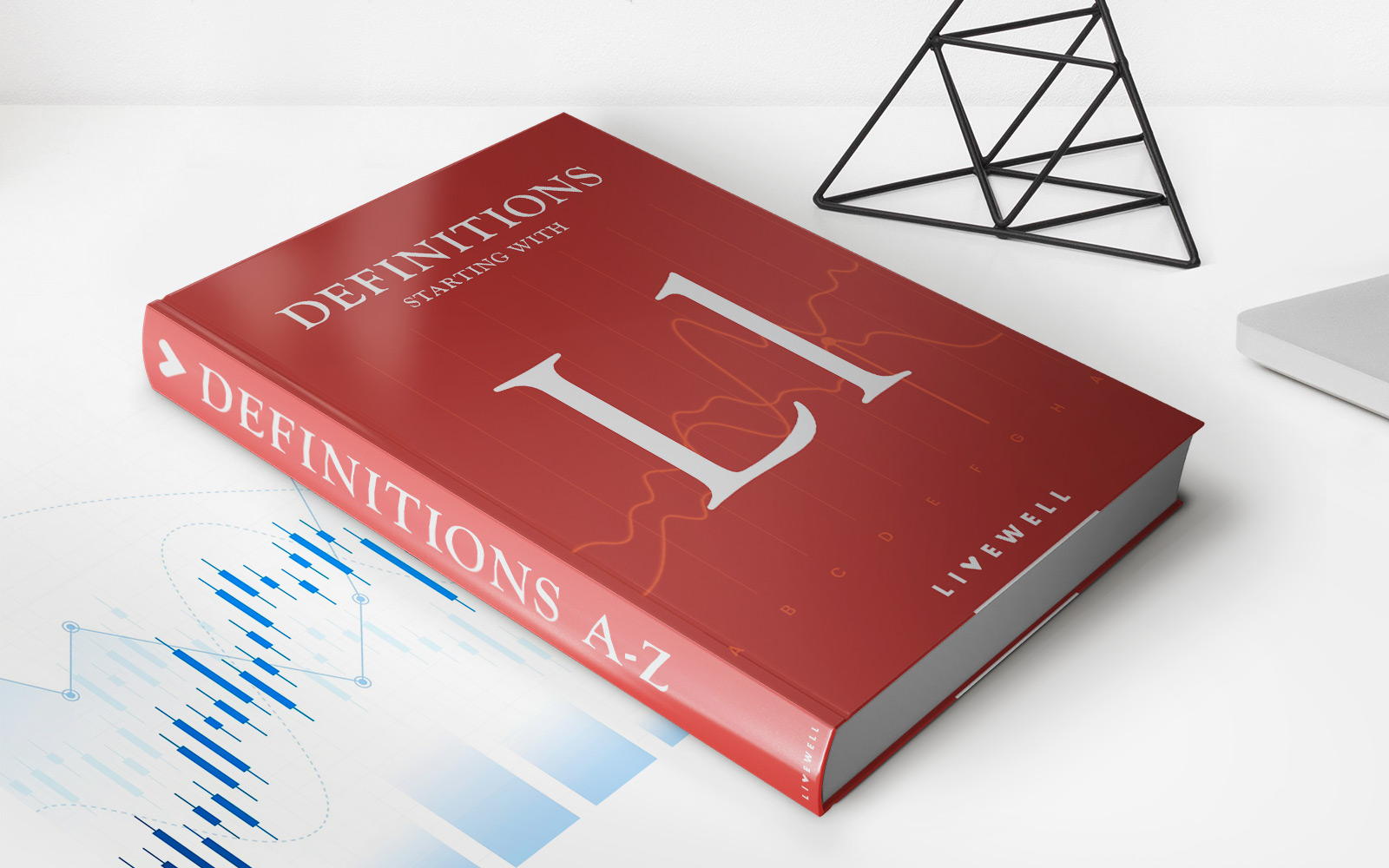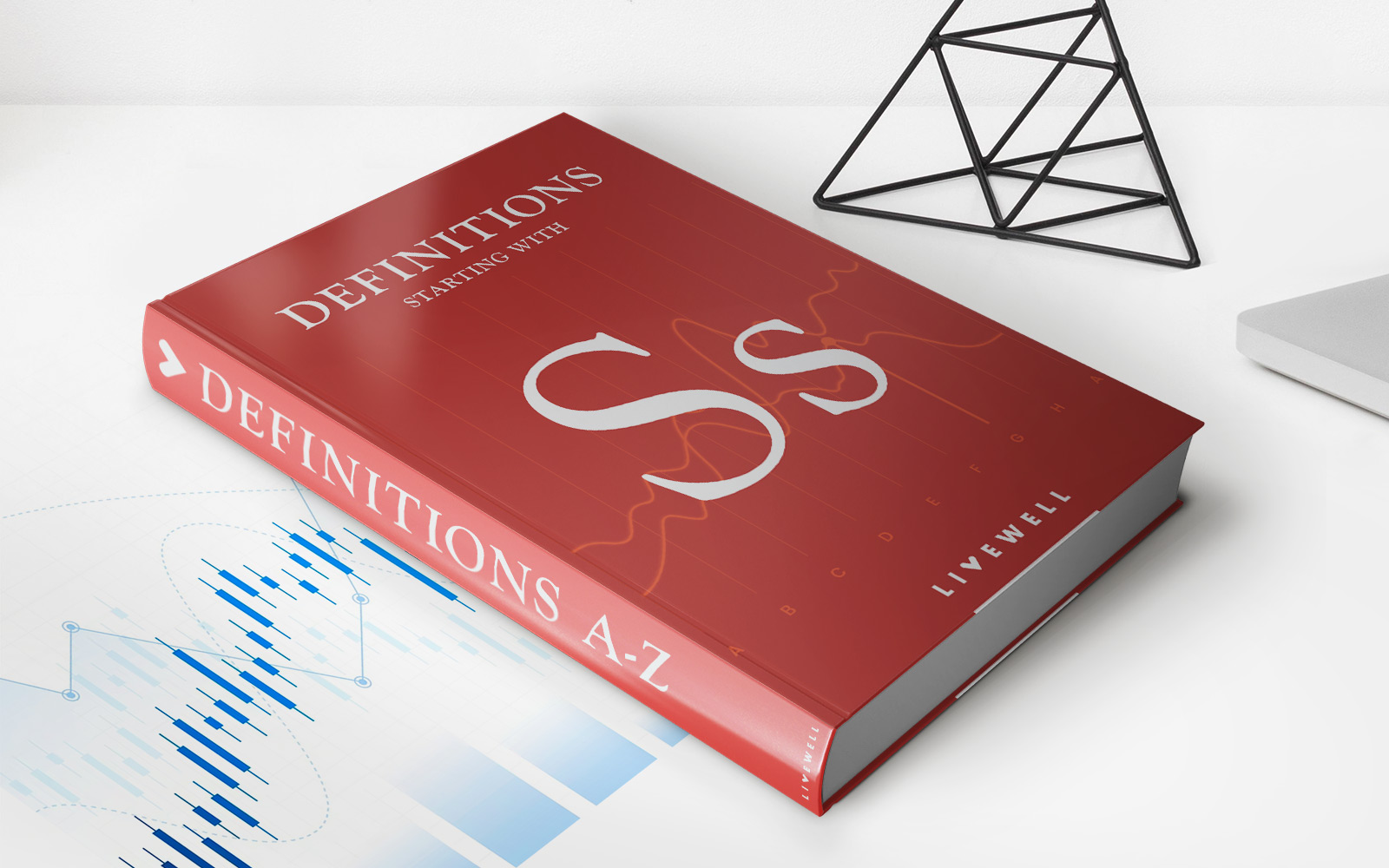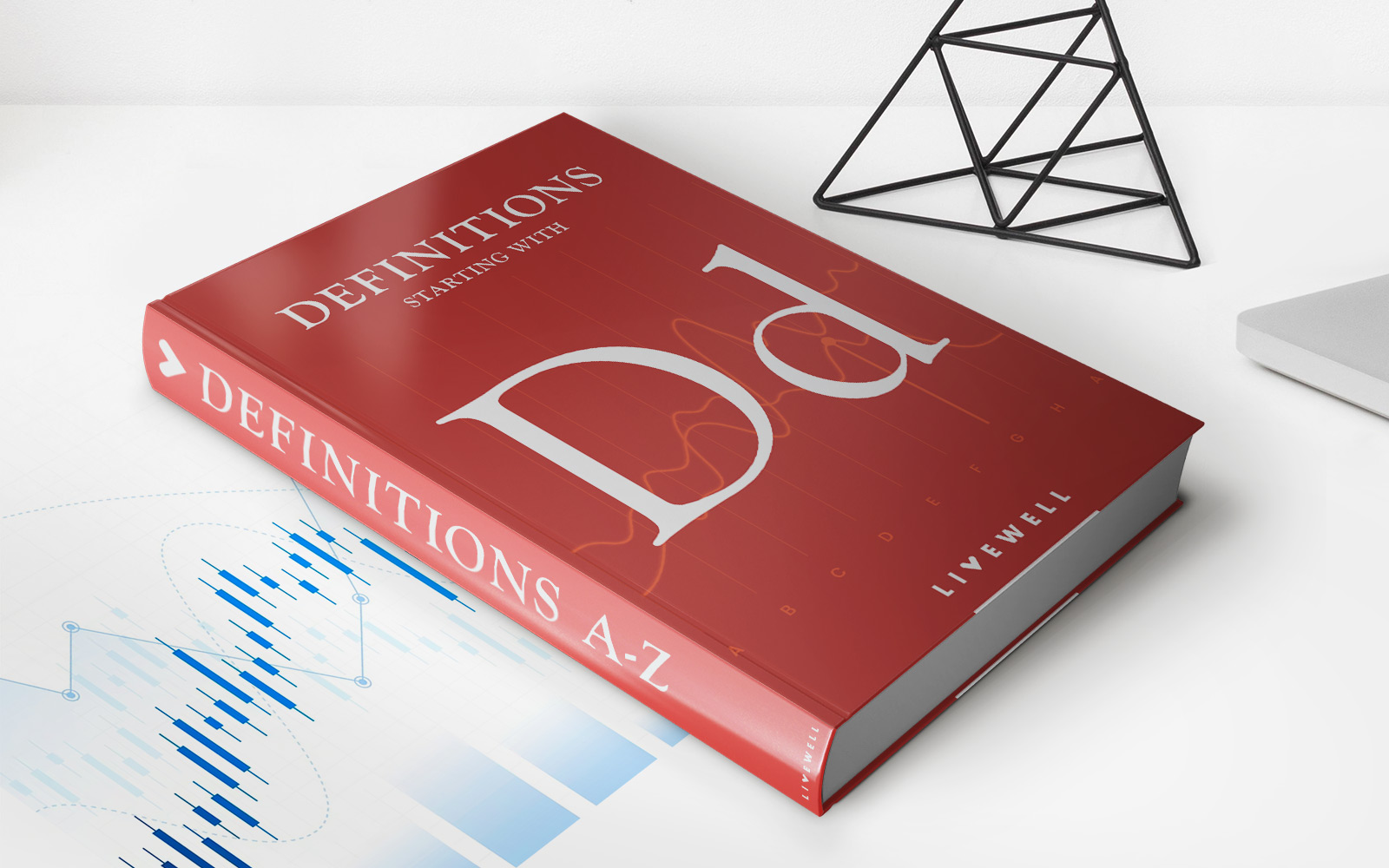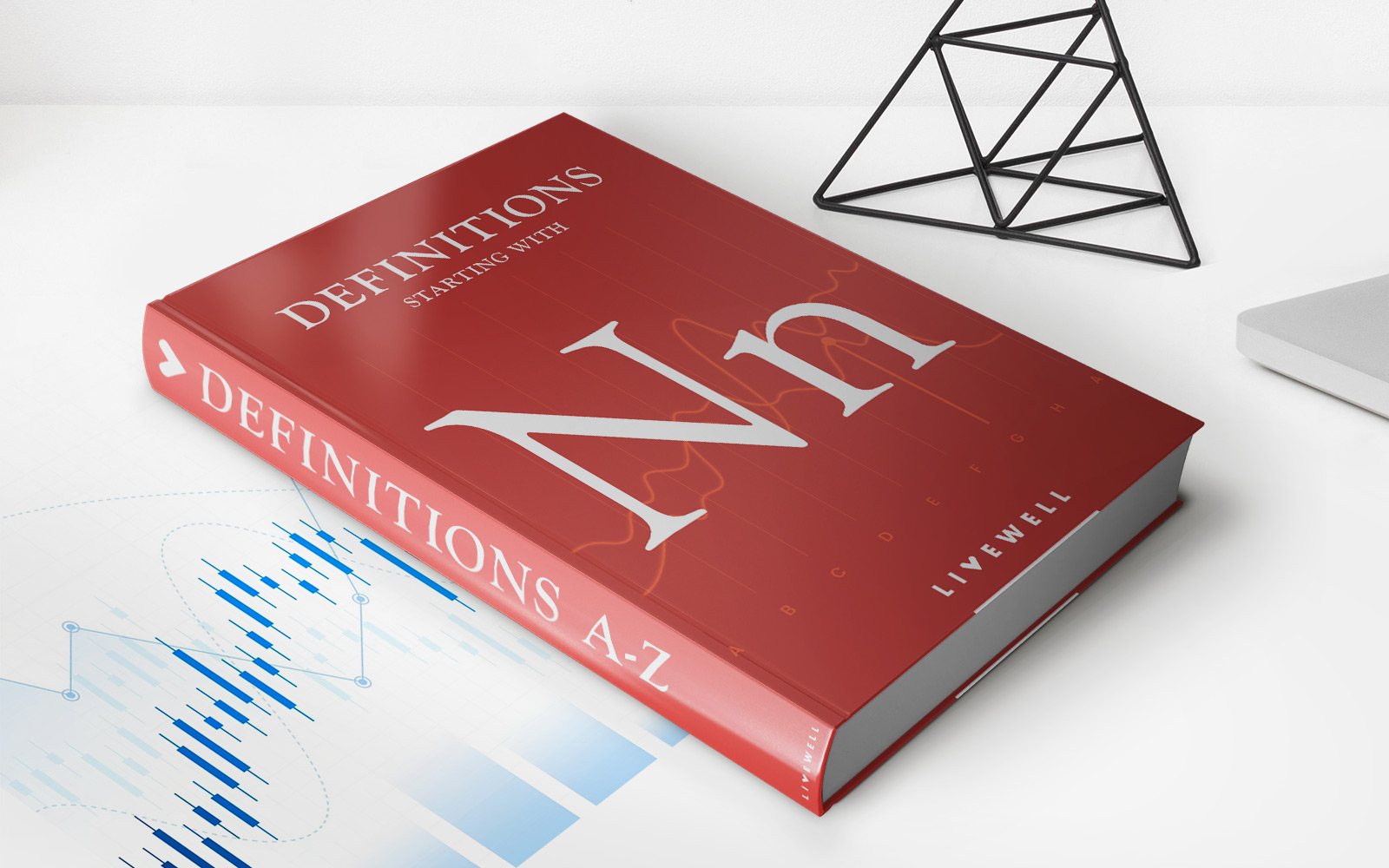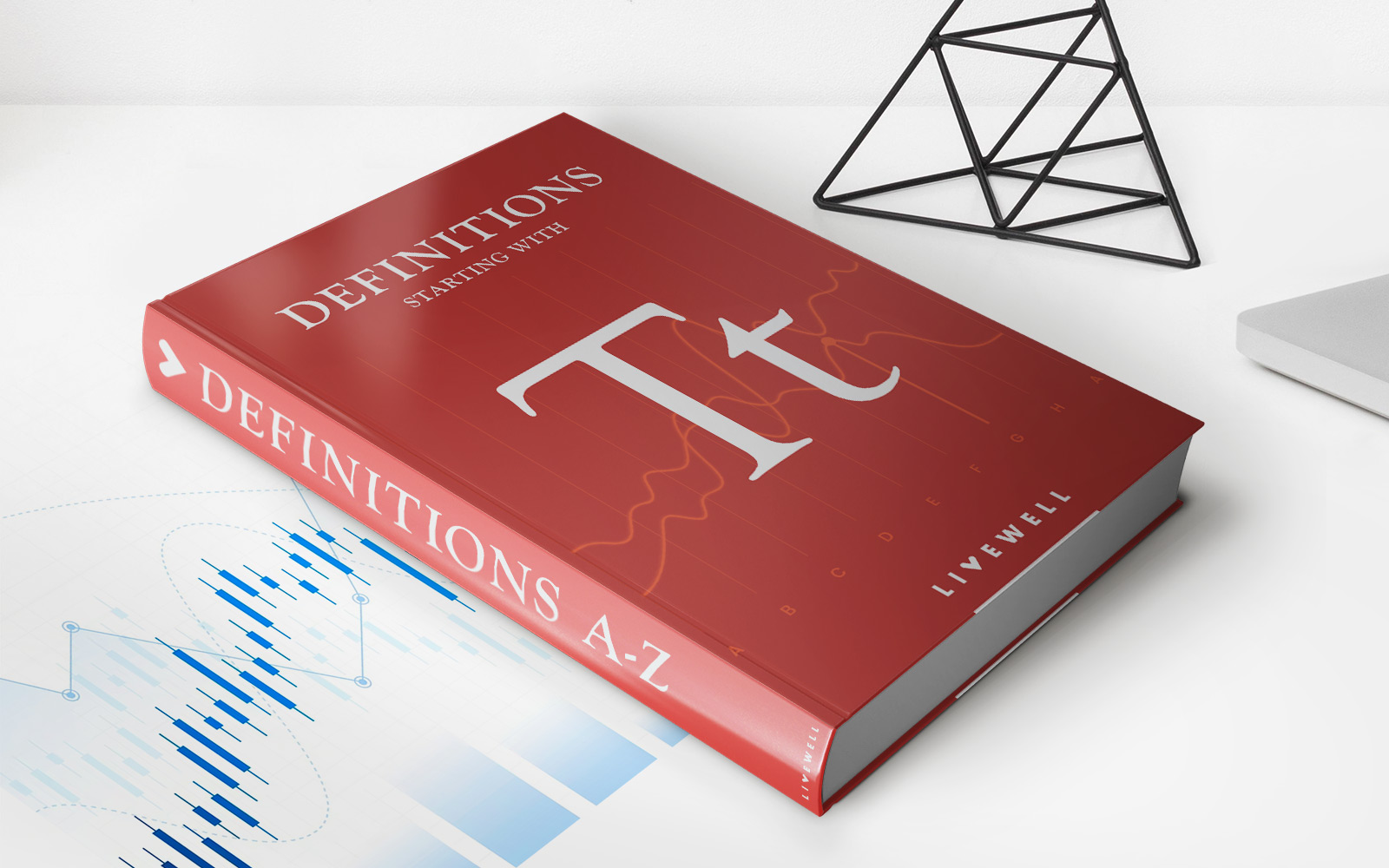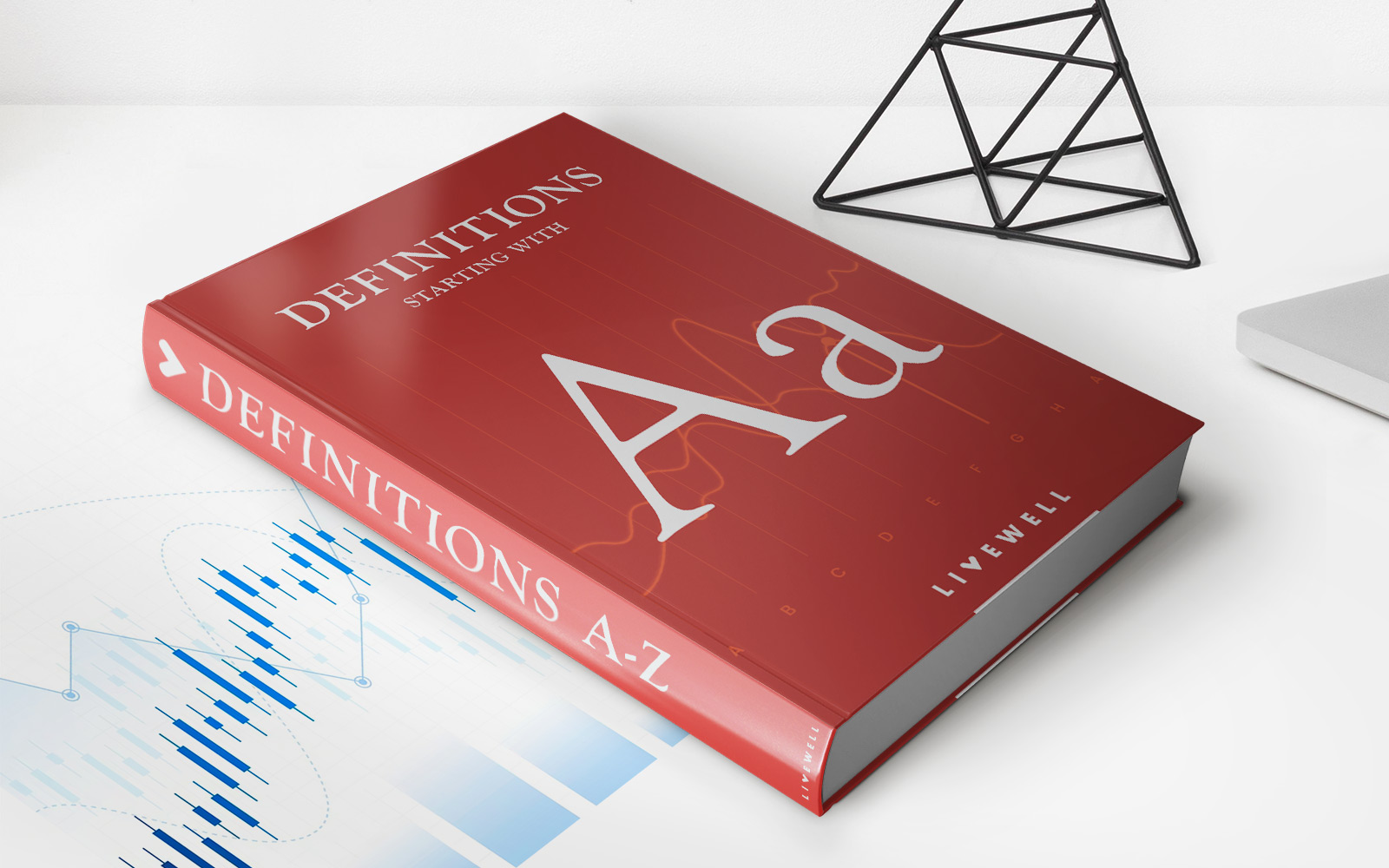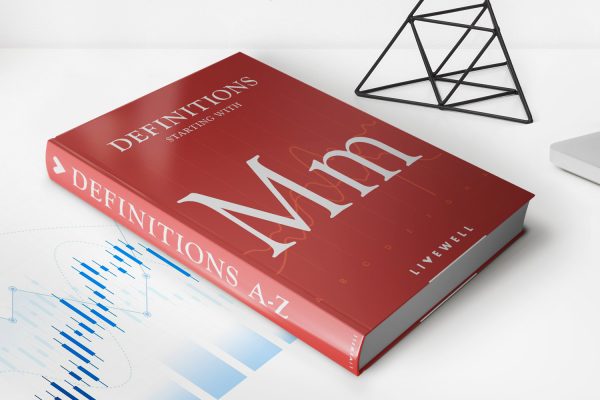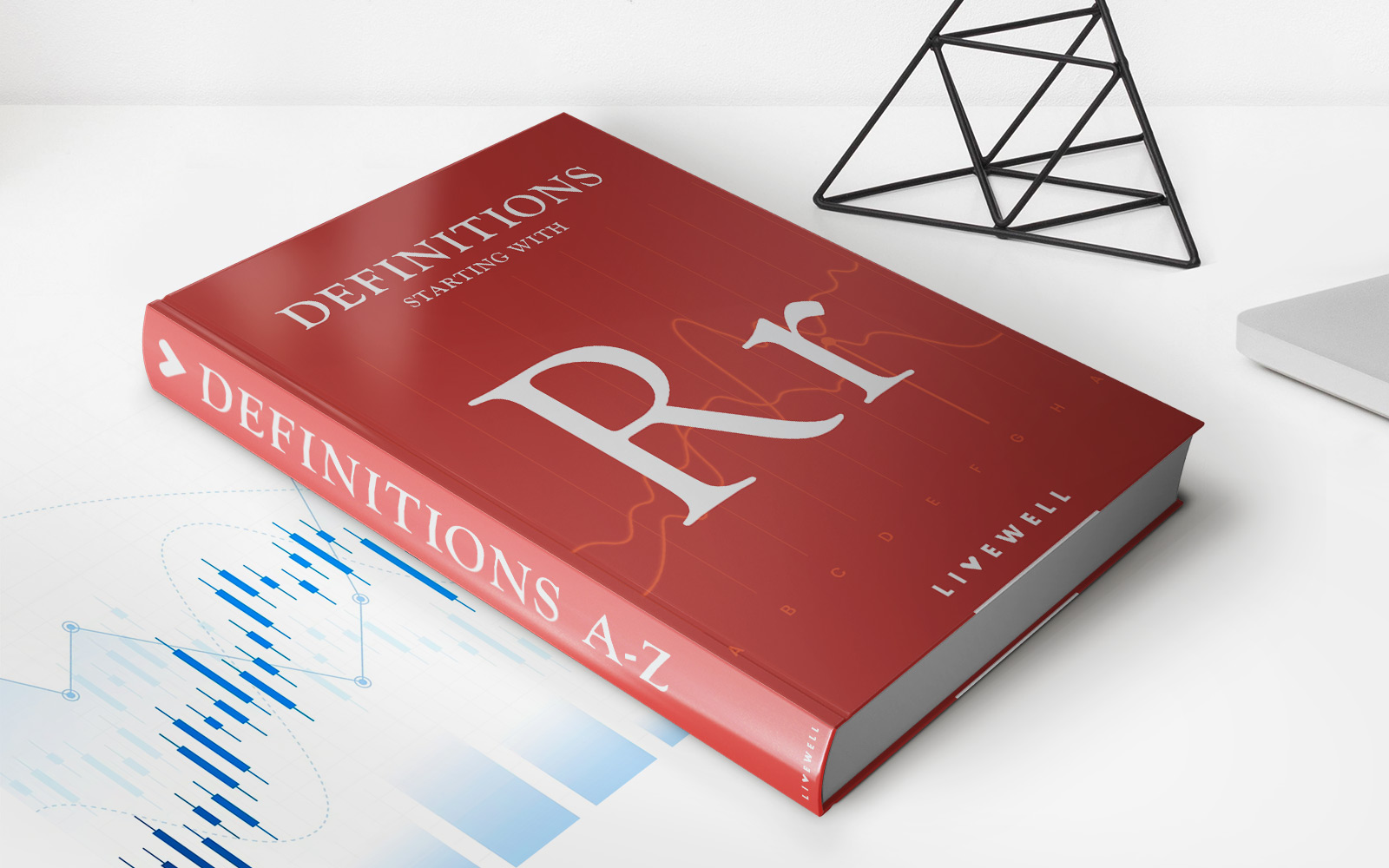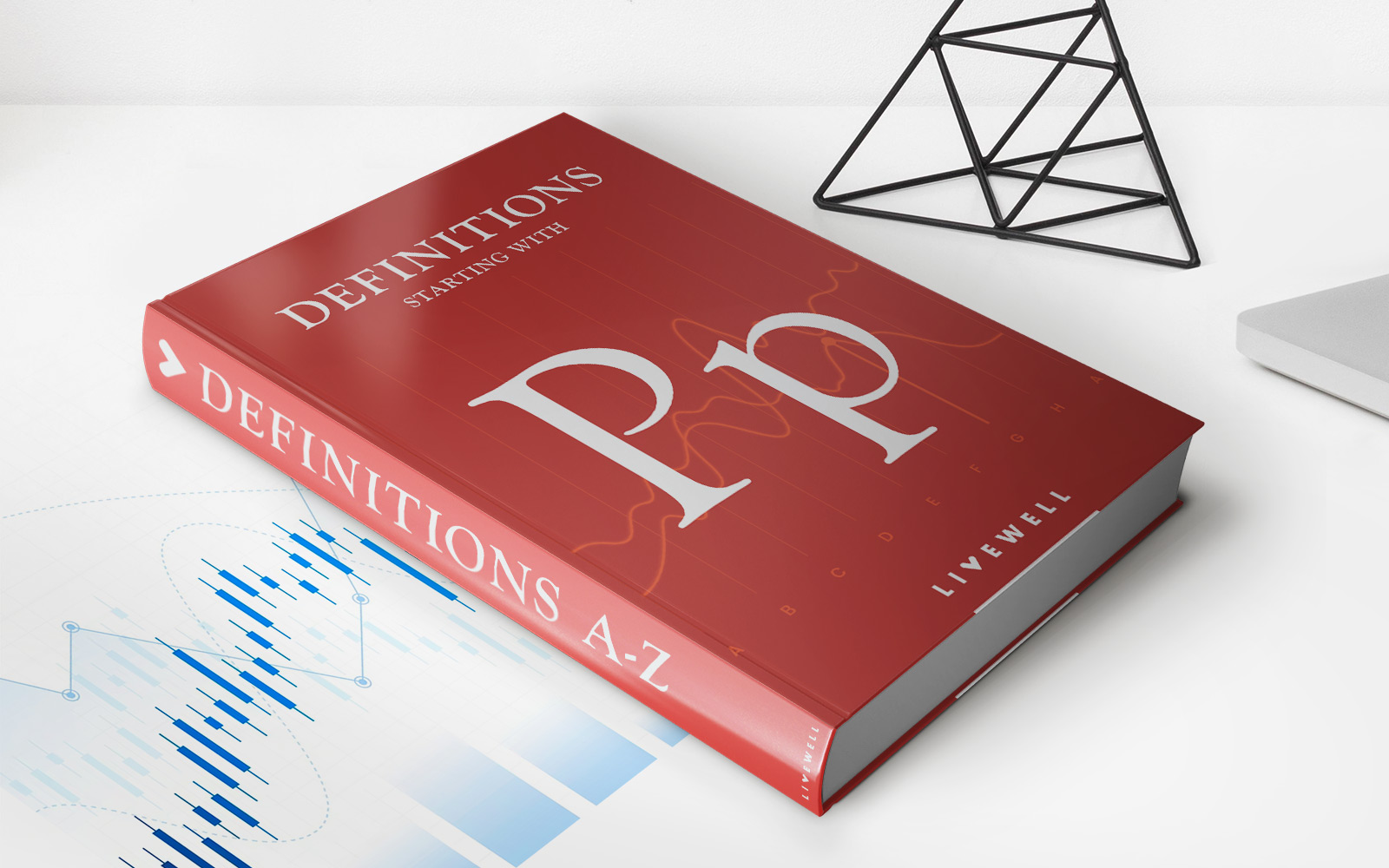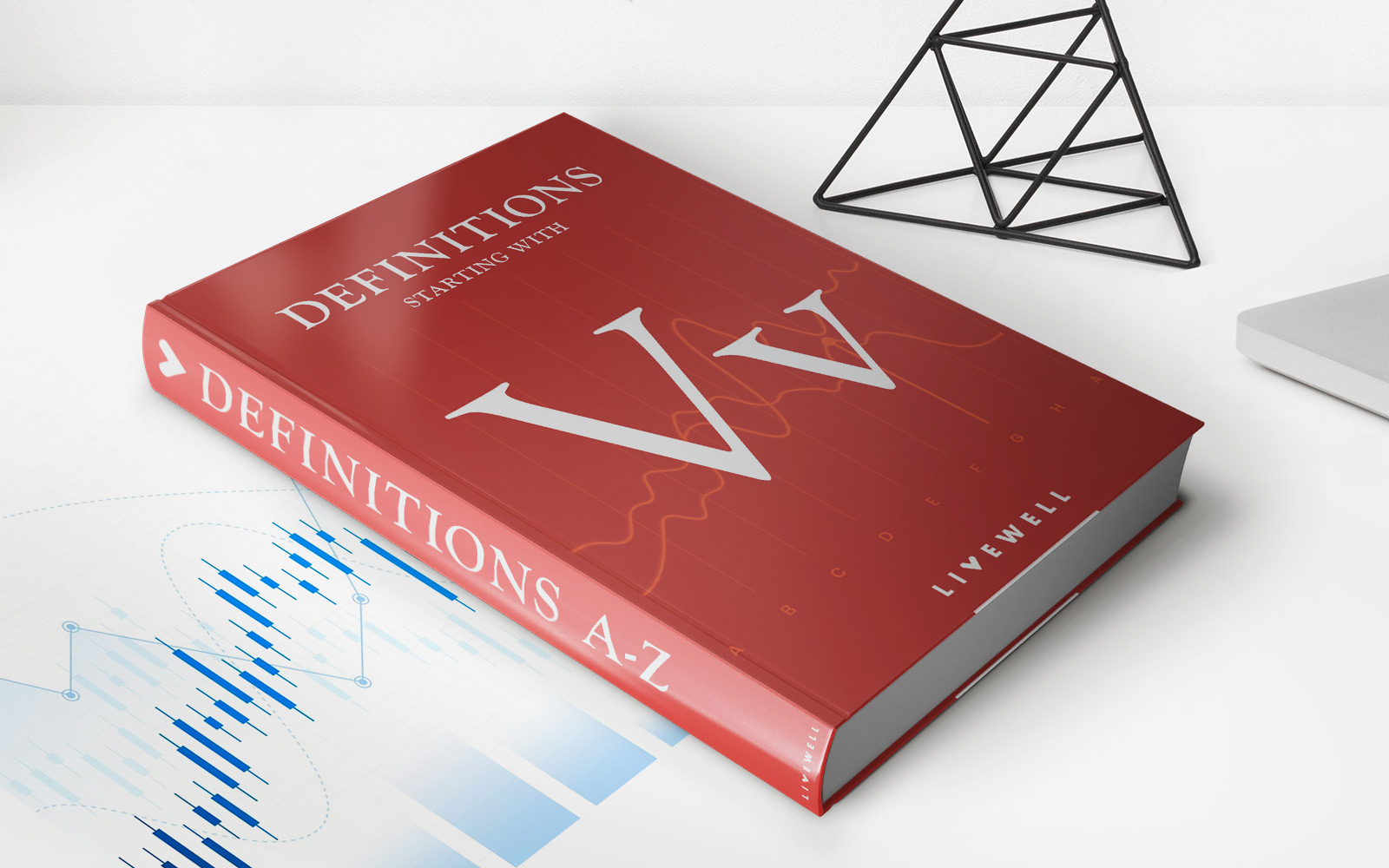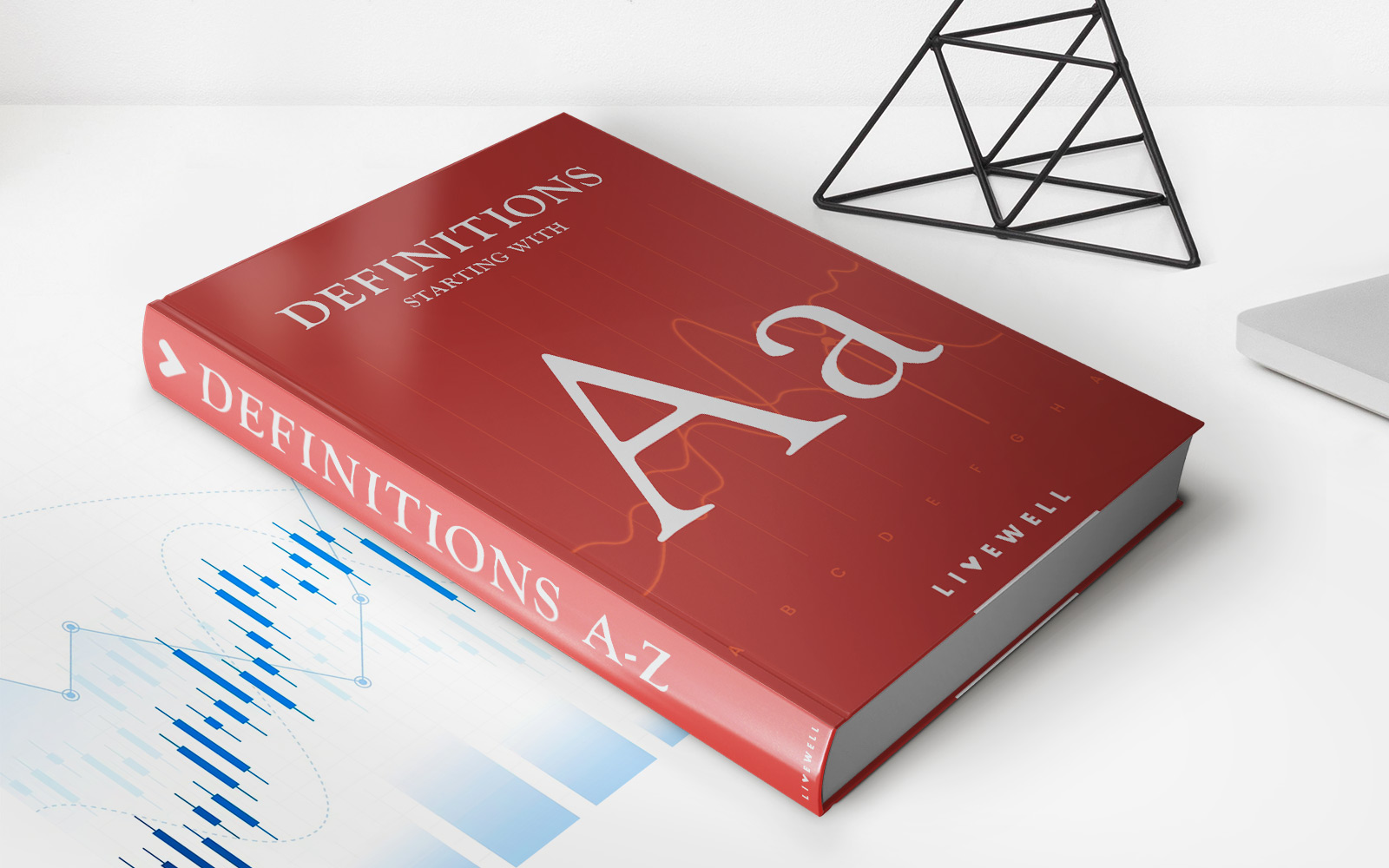Home>Finance>Register Of Deeds Definition, Examples, And FAQs
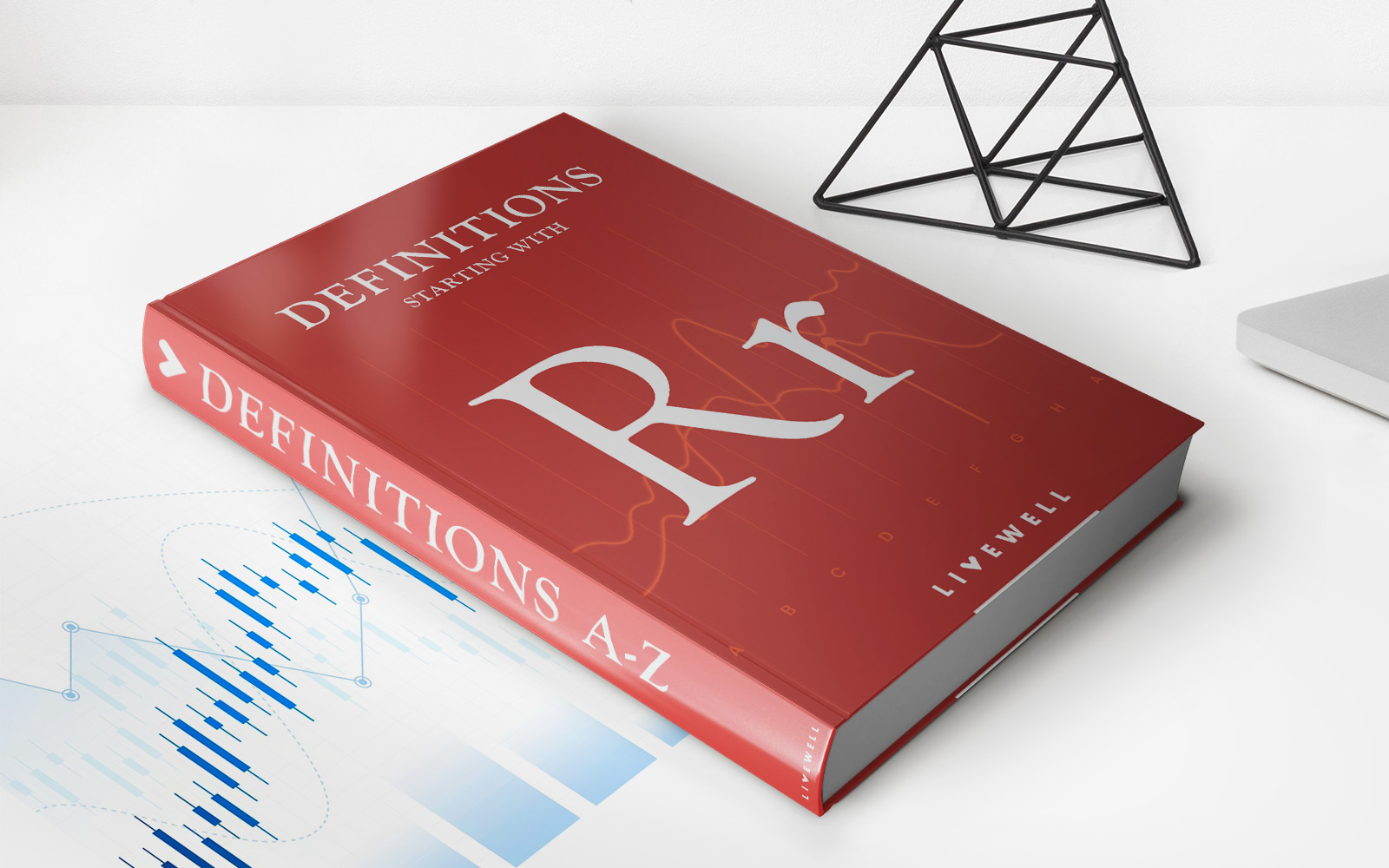

Finance
Register Of Deeds Definition, Examples, And FAQs
Published: January 17, 2024
Looking for the definition, examples, and frequently asked questions about the Register of Deeds in the finance industry? Find all the information you need here.
(Many of the links in this article redirect to a specific reviewed product. Your purchase of these products through affiliate links helps to generate commission for LiveWell, at no extra cost. Learn more)
Register of Deeds Definition, Examples, and FAQs
Welcome to our Finance category, where we dive deep into various topics related to managing personal finances and understanding complex financial terms. In this blog post, we will explore the definition, examples, and frequently asked questions about the Register of Deeds.
Key Takeaways:
- The Register of Deeds is a government office responsible for recording and maintaining public land records.
- By accessing the Register of Deeds, you can obtain information about property ownership, mortgages, liens, and other real estate-related documents.
What is a Register of Deeds?
The Register of Deeds is an essential government office that plays a crucial role in maintaining public land records. This office ensures the legal record-keeping of real estate transactions within a specific jurisdiction. The primary responsibility of the Register of Deeds is to accurately record and safeguard important documents related to property ownership.
When individuals buy or sell properties or engage in any real estate transaction, the relevant documents are filed with the Register of Deeds. These documents include deeds, mortgages, liens, and other related paperwork. Maintaining a comprehensive and accessible record of these files not only ensures transparency in real estate transactions, but it also protects the rights of property owners.
Examples of Documents Filed with the Register of Deeds
Below are some common examples of documents that are typically filed with the Register of Deeds:
- Warranty Deeds: These documents transfer ownership of a property from one party to another.
- Mortgages: Mortgages are agreements between a borrower and a lender, securing a loan with the property as collateral.
- Liens: Liens are legal claims on a property, often used as collateral for outstanding debts.
- Deeds of Trust: Similar to mortgages, deeds of trust involve a borrower, lender, and a trustee, providing security for a loan.
- Land Surveys: These documents provide detailed information about the boundaries and characteristics of a property.
Frequently Asked Questions about the Register of Deeds
Here are some common questions that individuals often have about the Register of Deeds:
- Q: Can I access the information kept by the Register of Deeds?
- Q: How can I find the ownership records of a property?
- Q: Are liens recorded with the Register of Deeds?
- Q: Can I obtain copies of recorded documents from the Register of Deeds?
- Q: What happens if a document is not recorded with the Register of Deeds?
A: Yes, the Register of Deeds office provides public access to the recorded documents. You can visit the office in person or search for records online if available.
A: By consulting the Register of Deeds, you can obtain detailed information about the ownership history of a property, including the names of previous owners and transaction dates.
A: Yes, the Register of Deeds maintains a record of any liens filed against a property, ensuring transparency in real estate transactions.
A: Generally, copies of recorded documents are available upon request, either in person or through an online portal, for a nominal fee.
A: Failing to record a document with the Register of Deeds may result in legal complications and challenges in establishing ownership rights.
Understanding the role of the Register of Deeds is essential, especially when dealing with real estate transactions. By accessing and utilizing the services provided by this government office, you can ensure a smooth and transparent process, protecting your rights as a property owner.
For more insightful content on various financial topics, stay tuned to our Finance category!
